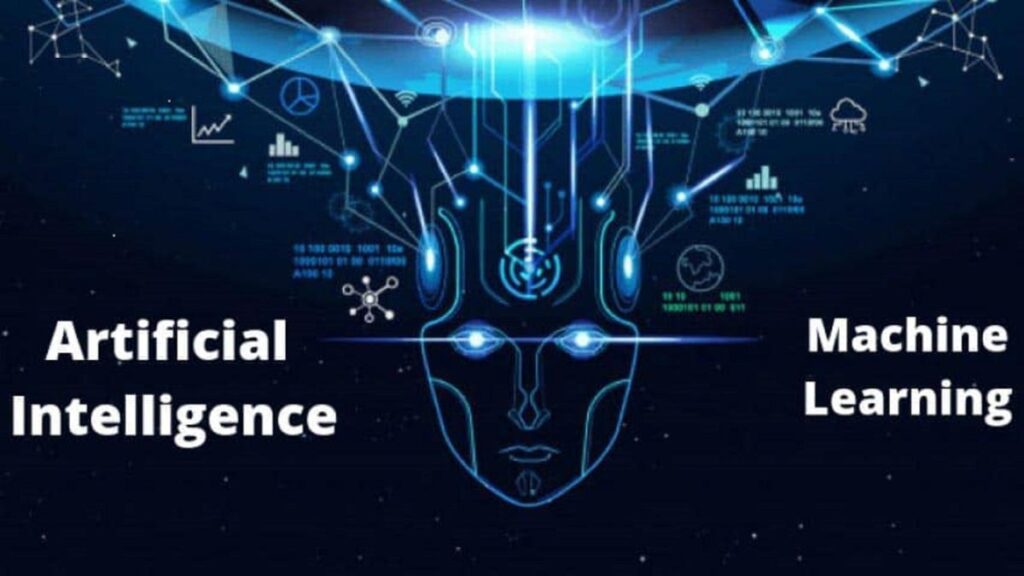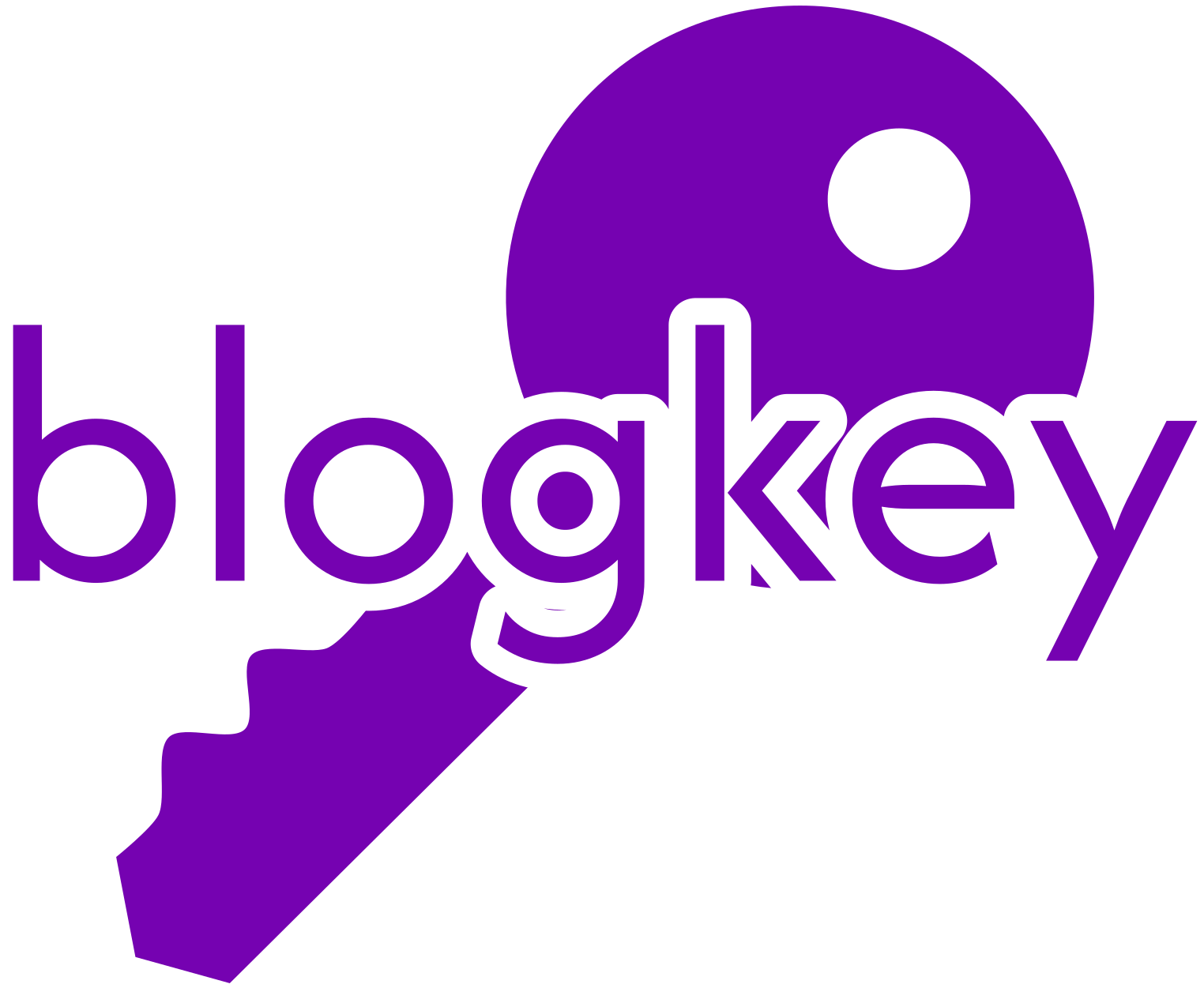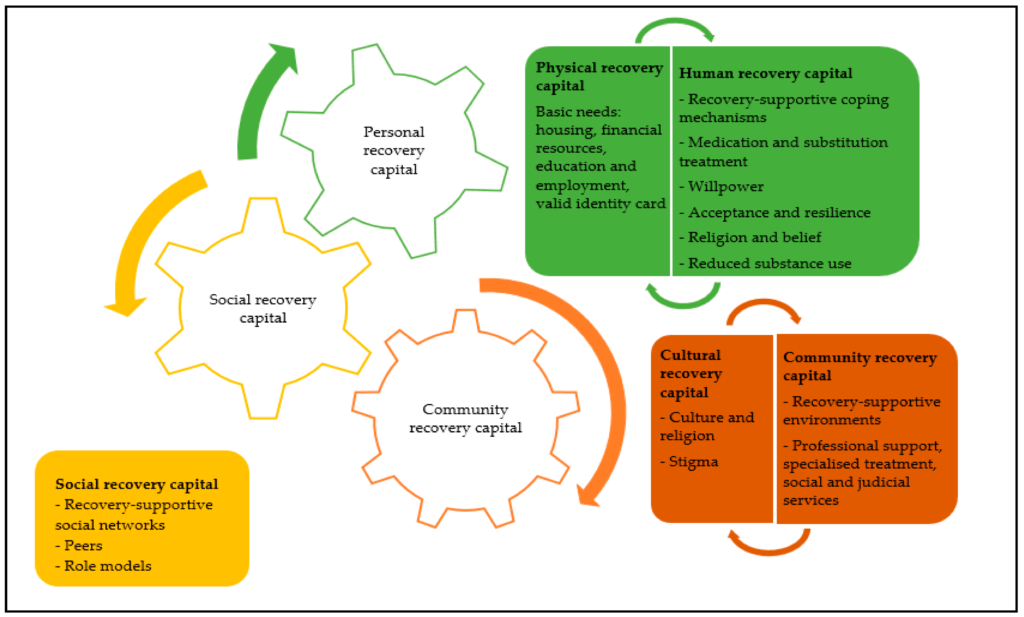Over recent years, Artificial Intelligence (AI) and Machine Learning (ML) have fundamentally reshaped the software development landscape, including software testing—a field historically marked by intensive manual effort and time-consuming processes. AI is transforming software testing companies’ approach to quality assurance by enhancing speed, accuracy, and adaptability. AI-powered testing tools automate routine tasks, apply intelligence to test coverage, and evolve as software applications change, bringing unprecedented efficiency to software development workflows.
How Software Testing Has Evolved with AI and Machine Learning
Software testing is a crucial element of the software development lifecycle. Traditional manual a software testing company is slow, costly, and subject to human error, while conventional automation testing, though faster, still requires constant oversight, especially with dynamic applications. AI-powered testing tools have revolutionized quality assurance by enabling tests to adapt intelligently to changes, offering self-healing abilities, and even predicting defects based on prior data. This shift enables testing to be smarter, faster, and more accurate.

Key Benefits of AI in Software Testing
- Intelligent Test Automation: AI-driven test automation far outperforms traditional automation. Leveraging ML, these systems analyze previous test data to identify high-risk areas, enabling more targeted resource allocation and reducing manual intervention.
- Accelerated Time-to-Market: AI allows for shorter development cycles and quicker market releases. Automated tests run continuously, identifying issues early and offering near-instant feedback to developers. When integrated with Continuous Integration/Continuous Deployment (CI/CD) pipelines, AI-powered tests eliminate bottlenecks, reducing delays and ensuring smoother workflows.
- Self-Healing Automation: AI-enabled testing tools can self-correct when applications change, reducing maintenance and keeping automated tests functional without constant manual updates. This self-healing capability is particularly valuable in Agile and DevOps environments, where software changes frequently.
- Enhanced Defect Detection: AI-based testing tools use ML algorithms to identify patterns and anomalies often missed by humans. Predicting defect-prone areas based on historical data, these tools direct testers to focus on critical areas, leading to a higher-quality product.
- Improved Test Coverage: AI tools expand test coverage by running parallel tests that simulate a variety of user conditions, including edge cases rarely considered in manual testing. The result is a more resilient, reliable software product.
Key Applications of AI/ML in Software Testing
- Test Data Generation: AI tools can generate realistic test data quickly, reflecting actual user inputs and behaviors, much like how an internet chick might navigate online spaces. This not only improves test accuracy but also reduces the need for manual data creation.
- Visual Testing: AI-powered visual testing tools analyze and compare UI elements across releases. Through Visual Regression Testing, they highlight differences and ensure updates don’t disrupt user experience.
- Test Case Prioritization: Machine learning algorithms enable tools to prioritize test cases intelligently, focusing on areas with high defect likelihood based on code complexity, recent changes, and defect history.
- Defect Analysis and Categorization: AI tools categorize defects by impact and frequency, helping QA teams prioritize high-priority issues and speed up resolution times.
- Self-Healing Scripts: AI-driven testing tools can adapt test scripts to software changes automatically, saving valuable time in fast-paced Agile environments.
AI-Powered Testing Tools in Practice
Several AI-powered tools are already widely used in software testing:
- Katalon: A versatile platform integrating AI for web, mobile, and API testing with self-healing scripts and intelligent test generation.
- Testim: Uses ML to create and maintain stable test cases, leveraging self-healing for resilient testing even with frequent code changes.
- Applitools: A leader in Visual Regression Testing, automatically detecting UI differences between versions to safeguard user experience.
- Function: Empowers non-technical team members to create tests through natural language processing, making test automation more accessible.
- Mabl: Mabl’s ML-enhanced features deliver actionable insights and smart test development to improve continuous testing.
The Role of Machine Learning in Software Testing
Machine learning plays a pivotal role in refining and enhancing AI-powered testing tools:
- Pattern Recognition: ML algorithms identify patterns in historical data to predict likely defects, helping testers focus on high-risk areas.
- Test Optimization: Over time, ML algorithms learn which tests are most effective, reducing redundancy by prioritizing critical test scenarios.
- Anomaly Detection: Continuous monitoring by ML models detects code anomalies early in the development cycle, reducing the risk of critical defects in production.
- Continuous Learning: As software evolves, ML models improve their effectiveness, adapting to new data and refining their testing approach to keep pace.
Challenges of AI in Software Testing
Despite its advantages, AI in software testing poses certain challenges:
- Data Dependency: AI models depend heavily on data quality. Poor data can impair AI’s predictive accuracy, necessitating high-quality data for optimal performance.
- Initial Investment Costs: AI-driven tools may require substantial initial investments, both in infrastructure and training, though they are cost-effective in the long run.
- Skill Gaps: Using AI tools requires skills that may not exist in every QA team, often necessitating additional training.
- Trust and Transparency: AI can be a “black box,” making it challenging for testers to understand its decision-making processes fully.
- Over-Reliance on AI: Sole reliance on AI risks overlooking defects in areas where human intuition is invaluable, making a balanced approach essential.
The Future of Software Testing with AI
AI and ML continue to advance rapidly, shaping the future of software testing in exciting ways:
- Autonomous Testing: Autonomous testing will allow AI to handle the entire testing lifecycle, adapting to code changes and predicting problem areas. This approach will save QA teams time, letting them focus on higher-level analysis and strategy.
- AI-Driven Security Testing: AI-powered tools will identify security vulnerabilities by analyzing code patterns and simulating potential attacks, helping companies stay ahead of cybersecurity threats.
- Impact on Testing Roles: As AI automates repetitive tasks, QA roles will shift toward strategic responsibilities, focusing on interpreting AI-driven results and managing AI tools effectively.
- AI-Powered Testing Frameworks: AI-enhanced frameworks like Selenium with AI plugins and Cypress with predictive modules will continue to emerge, allowing testers to harness the benefits of AI within existing environments.
A Hybrid Future of Human and AI Collaboration in Testing
AI and machine learning are shaping a future where software testing will be performed through a blend of AI efficiency and human insight. As AI-powered tools continue to advance, they will transform quality assurance into a more proactive, efficient, and comprehensive process, enabling faster, higher-quality software delivery without compromising the essential role of human oversight.
FAQs
- What is AI in software testing?
AI in software testing applies algorithms to automate and enhance the testing process, from defect prediction to test coverage optimization. - What is self-healing automation in AI testing?
Self-healing automation enables AI tools to update test scripts automatically, ensuring continuous test accuracy amid software changes. - How will AI impact the future of software testing?
AI will introduce smarter automation, better defect detection, and adaptive testing, potentially leading to autonomous testing in the future. - Are there challenges to using AI in testing?
Key challenges include data dependency, initial investment costs, skill gaps, and the potential lack of transparency in AI-driven results. - Can AI replace human testers?
AI complements, rather than replaces, human testers. While AI handles repetitive tasks, human intuition remains critical for strategic testing decisions.









